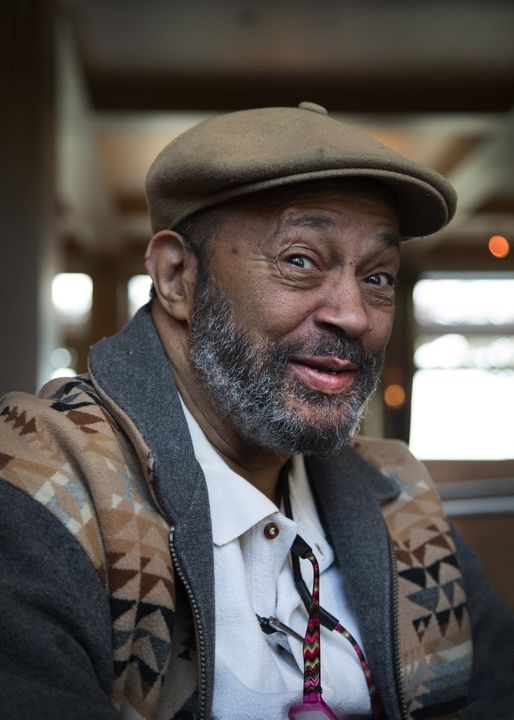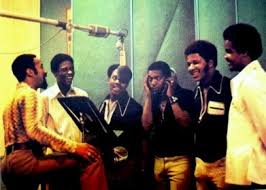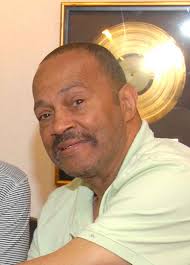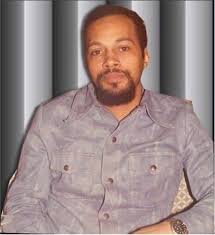
We are devastated to share the news of the passing of the iconic producer, arranger and songwriter Thom Bell, at age 79, as reported by Philadelphia station WDAS-FM. Much of Soul music history over the last half century has revolved around great producer/artist combinations. But no combination was more pleasing than the work of the Spinners and producer Thom Bell from 1972-77. With “Mighty Three” partners Kenny Gamble and Leon Huff, Bell created the Sound of Philadelphia, the most important and dominant sound of the early and mid 70s, and the heir to the dominant Motown sound of the 60s. And as a songwriter, producer and arranger, Bell established himself as one of the most important Soul music figures of all time.

Born in Jamaica in 1941, Bell moved to Philadelphia as a child and studied classical music. He also loved singing, and as a teen met up with and joined Gamble in the singing group the Romeos. He learned to play multiple instruments and planned to become a classical conductor – a profession that generally wasn’t available to an African American man in the early 60s. So instead, at age 22 he became a touring conductor for “The Twist” singer Chubby Checker. After two years he was approached by local Cameo Records, looking to create a Philadelphia version of Motown. He signed with Cameo and earned his first production gig for a local group called the Delfonics in 1968. The combination yielded two big hits in 1969, “La La Means I Love You” and “Didn’t I Blow Your Mind,” and enhanced Bell’s reputation beyond Philadelphia.

Bell’s early work set the stage for his style of production and arrangements. He was known as being extremely organized and precise, but more importantly was quite adventurous. He generally came to the studio with a specific sound in mind and tended to prefer precision over spontaneity. However his exacting work was also groundbreaking, as he created unique arrangements using seemingly odd instruments, such as sitars and bassoons, to create first-of-a-kind Soul sounds that others would try to mimic for years afterward. His productions tended to be lush and orchestral (no doubt influenced by his classical background), but with hot, pulsating beats and excellent vocal arrangements. While his work owed a debt to the Motown sound of the 60s, he clearly took Soul music to a new and different level, and his work became the template for dozens of acts throughout the 70s, with less attractive copies used by some of the leading producers of the disco sound.
1972 was a major year for Bell. He produced the debut album by the Stylistics, considered by many to be one of the greatest sweet Soul albums of all time, and, with his songwriting partner, lyricist Linda Creed, contributed such now classics as “Betcha By Golly Wow” and “You Are Everything” to that seminal album. He also provided production and arrangement work on the O’Jays’ Backstabbers album and completed his single greatest work, the Spinners’ self-titled Atlantic Records debut (which included “I’ll Be Around,” “Could It Be I’m Falling In Love” and “Ghetto Child,” among others).

Over the next half decade he became one of Soul music’s most prolific hitmakers, working with several acts, including Billy Paul, New York City, Ronnie Dyson and Johnny Mathis. He also was called in by rocker Elton John for an album collaboration that didn’t materialize as planned, but resulted in a delayed EP and the hit “Mama Can’t Buy You Love.”
As the 80s rolled around, Bell, who tended to work with acts only as long as he felt he was moving them forward, had run his course with his first and second sets of acts and his work was generally sounding less unique. Due to his wife’s illness, he moved his family to Washington state and slowed down his pace, working less frequently but helping acts such as Deniece Williams, the Temptations and Phyllis Hyman, as well as the soundtrack for the movie The Fish That Saved Pittsburgh. He also briefly reunited with the Stylistics on their Closer Than Close album. Perhaps his best work of the decade was on Hyman’s Living All Alone album (he co-wrote and produced the chilling ballad, “Old Friend”).

Bell went very quiet in the 90s and thereafter, living on small Snag Island and working rarely with a few artists such as James Ingram (“I Don’t Have the Heart”) and Angela Winbush. He was inducted into the Songwriters Hall of Fame in 2006 and received the Grammy Trustees’ Award in 2016.
For many of us, Thom Bell was one of the key architects of the music that defined our lives, and his impact on the music world is tough to quantify. But he will be sorely missed.
By Chris Rizik


You must log in to post a comment.